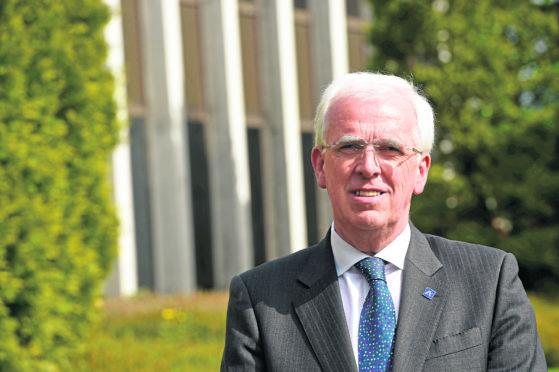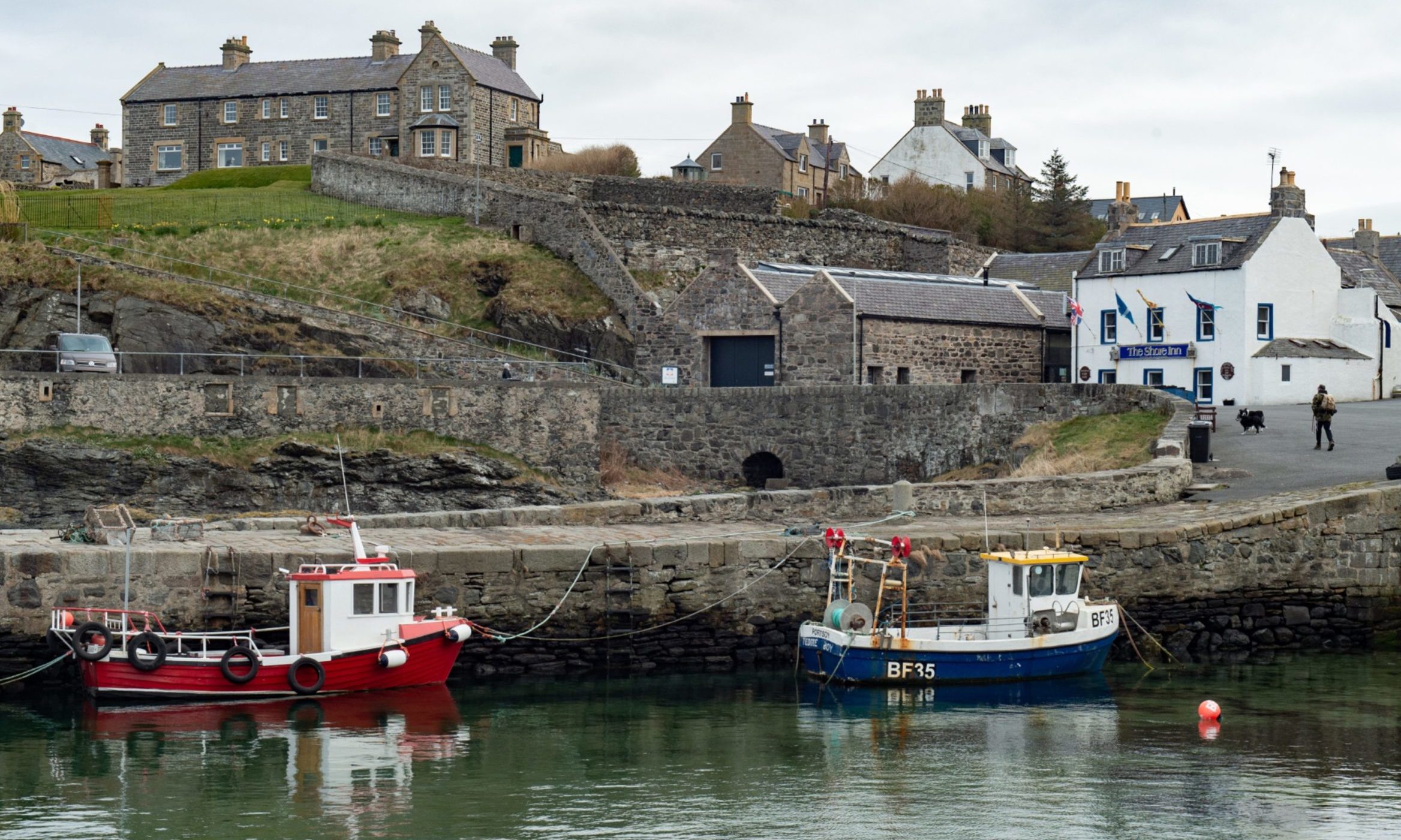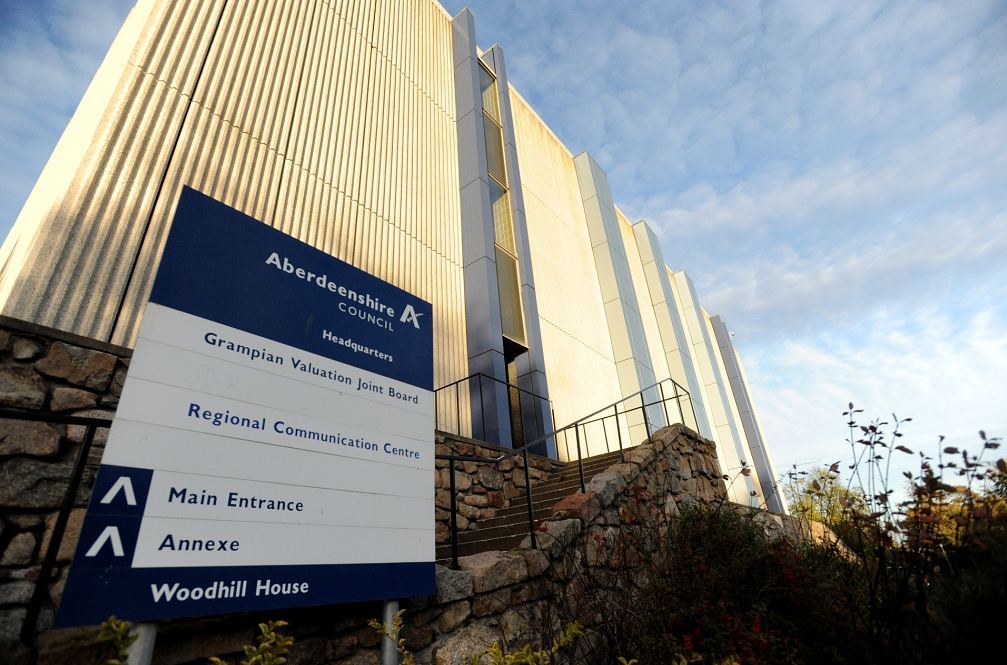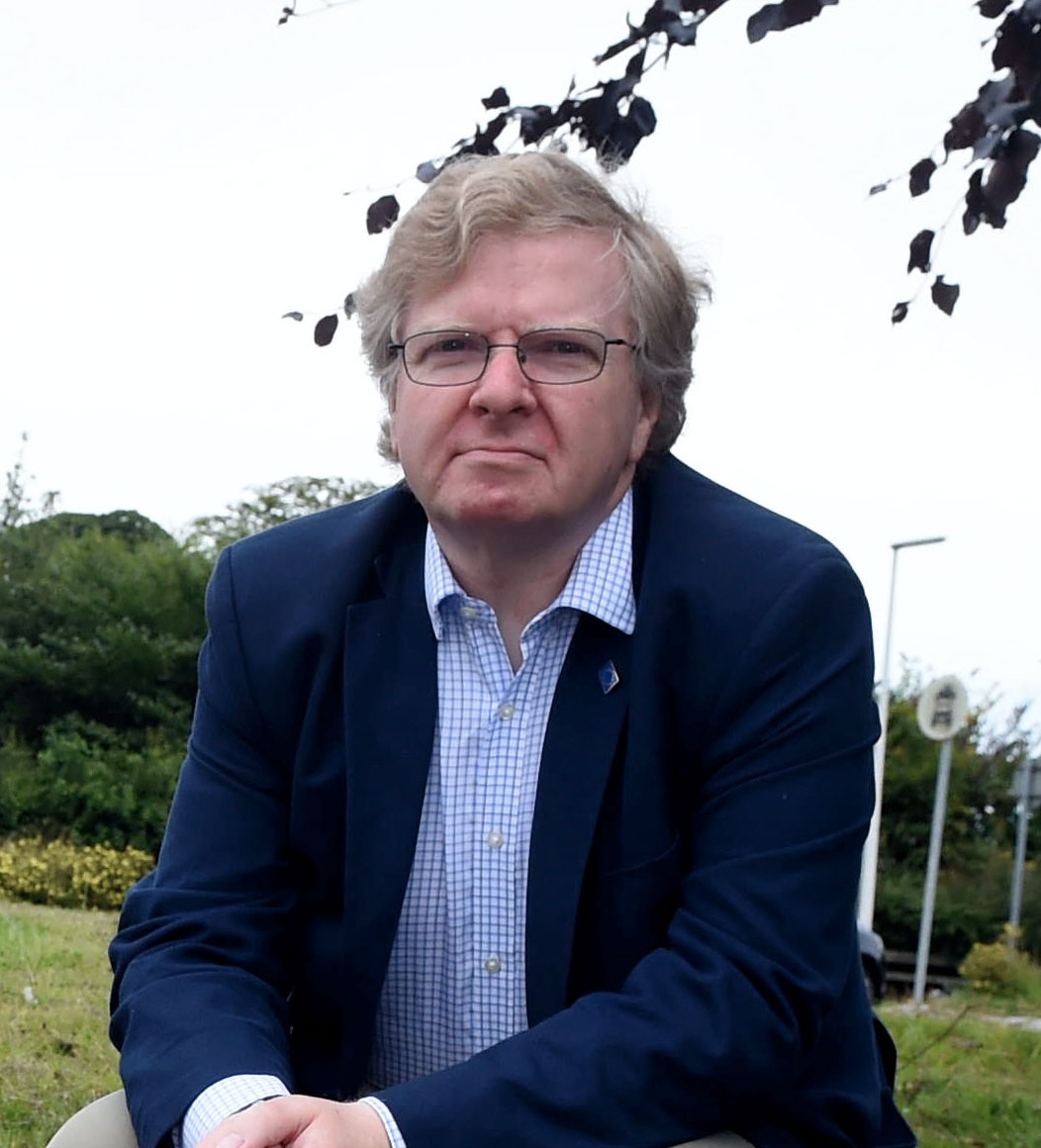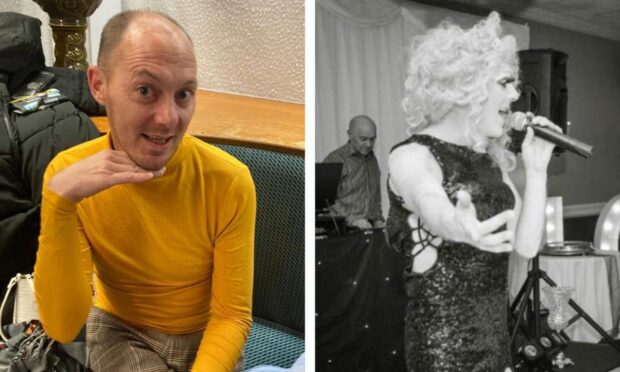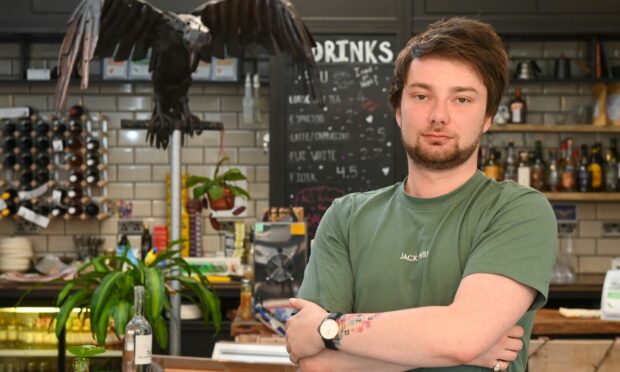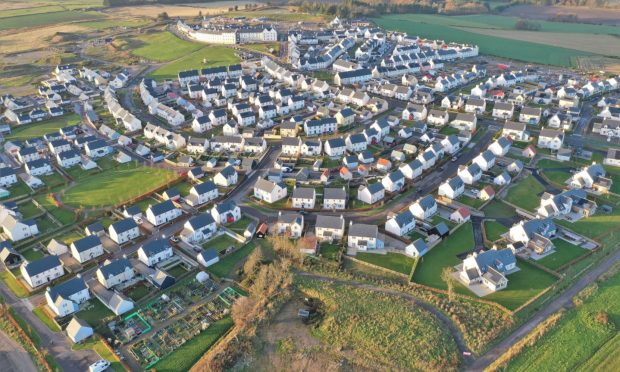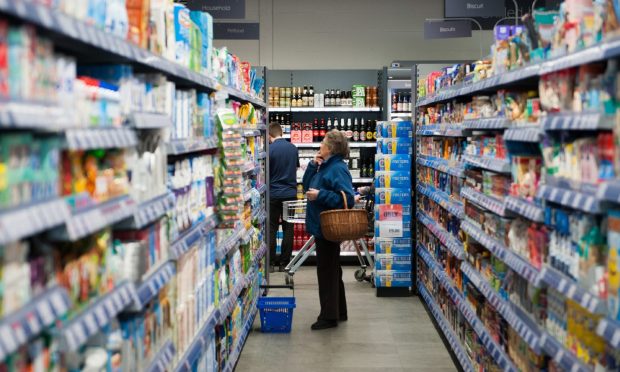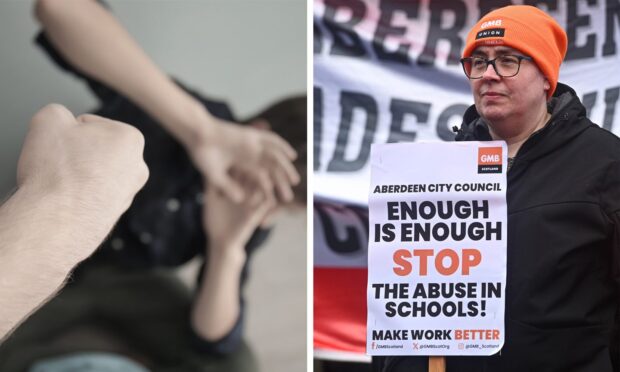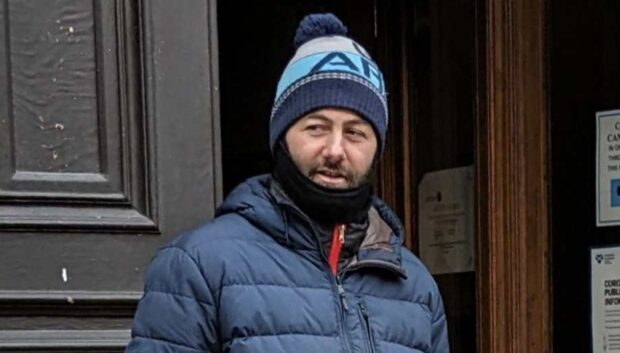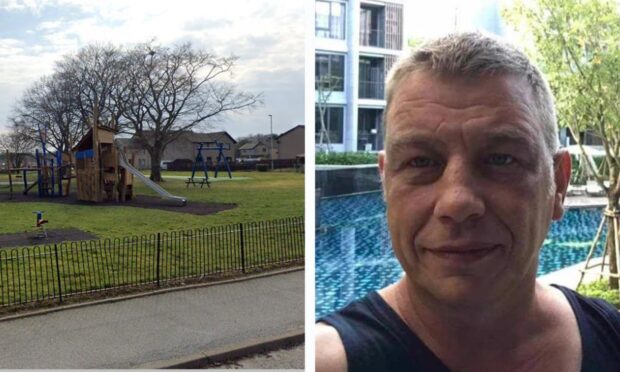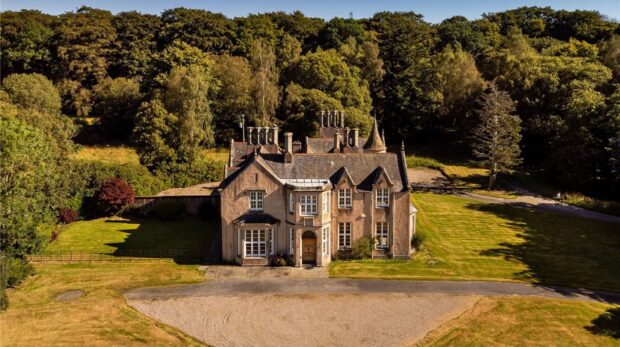The leader of Aberdeenshire Council says cancelling essential meetings “never crossed our mind”, amid a growing row about democracy between his city counterparts.
Last night, the Aberdeenshire authority’s leader Jim Gifford explained that calling off meetings like Aberdeen City Council has done was “never an option”.
The last full council meeting in the Granite City, where all 44 councillors are able to express an opinion on important matters on behalf of their community, was in March.
And there is growing discontent that the next one is not due until December.
Meanwhile in Aberdeenshire, Mr Gifford said the transition to meeting over the internet had been managed with relative ease due to investments in technology in recent years.
He said: “We tried as much as possible to keep the democratic process operating as close to normal as we could manage – and it has been very successful.
“I know that other councils effectively closed-down the democratic process and handed executive authority to a cabinet-style committee or to the chief executive – that never crossed our mind.
“It helped hugely that for many years, we had invested heavily in IT solutions – infrastructure, systems and hardware – and that made transition to remote working relatively easy.”
In a very short space of time after lockdown was announced, area committee meetings, policy committee meetings and meetings of the full council were all migrated online with the opportunity for elected representatives to all take part.
Now, a new “recovery reference group” has been created, and will look to find positive developments to take from the unprecedented pandemic, and how new ways of working could benefit the region’s recovery.
Mr Gifford added: “The ability to work remotely across our huge geographic area relies on access to decent broadband and the last four months have really thrown into sharp focus the digital divide between well-served areas and more remote areas where broadband coverage is patchy at best.
“We need continued and rapid investment in high-speed broadband infrastructure in order to close that gap.”
In the first week of lockdown, Aberdeenshire Council went from having 400 people working remotely to 4,000 as vast changes were made to how the body operates.
Aberdeenshire Council has launched the BRASS Fund to support business innovation and diversification.https://t.co/8PHSN0RkLZ
— RediscoverPeterhead (@rediscoverphd) July 13, 2020
Mr Gifford explained there will likely be a blend of remote and face-to-face meetings in the future too.
But, crucially, he explained that computer monitors could never fully replace traditional council meetings.
The Mid-Formartine councillor added: “I think we have all agreed, in council and beyond, that remote meetings are pretty good, and very effective but it isn’t the same as meeting people face-to-face and having the social aspects of working as well as just getting a job done.
“The chat over a coffee before or after a meeting is just as important as what happens in the meeting.
“We know that we are not going back to normal but will emerge in a new normal which without doubt will include more use of IT and technology but will still involve people working with people to do a job and deliver a service.”
‘Outrageous insult to democracy’ that city council can’t follow Aberdeenshire’s lead with virtual meetings
Aberdeen City Council has decided the next full council meeting will be held on December 14 – nine months since all elected members last gathered at the same time.
Kingswells, Sheddocksley and Summerhill councillor Steve Delaney wrote on his online blog that those meetings are “where many of the major decisions of the council are taken”, and the Liberal Democrat group is calling for a session to take place virtually next month.
Councillor Ian Yuill, leader of the city’s Lib Dem group, said that the gap between meetings was an “absolute disgrace”.
He said: “In my view there is no reason for the delay. People in Aberdeen expect their councillors to discuss issues, and it is an outrageous insult to democracy that that isn’t happening.
“Aberdeenshire have continued with their meetings online through Skype, and there’s no way Aberdeen can’t do that as well. It’s not democracy as Aberdeen people know it.”
Mr Yuill agreed to suspend council meetings in March as an “interim measure”.
But in May and last month he and SNP group leader Alex Nicoll, called for them to be reinstated.
Council co-leader Douglas Lumsden stressed that committee meetings will begin again next month, but said full council was not among those taking place as there was “no business scheduled”.
He said: “Special governance arrangements were put in place at the start of the pandemic but it is good to see that committees will start again in August.
“What councillor Yuill fails to add that there was no business scheduled for the August council meeting and that is why it has been cancelled.”
